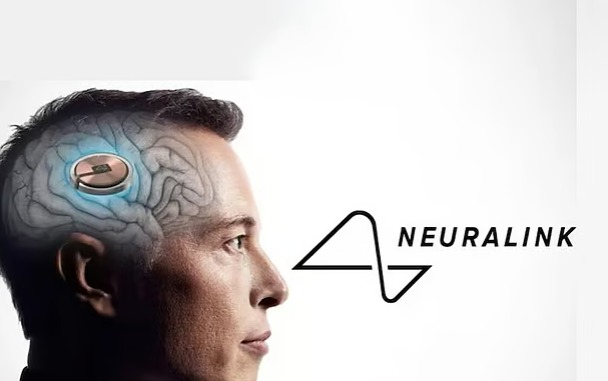Desk Report,
Elon Musk optimistic about Neuralink’s success, replacing two brain chips in one day
Elon Musk’s company Neuralink has taken another step forward with two successful surgeries in one day. On Monday, Neuralink said that they were able to implant chips in the brains of two patients in one day. The company claimed that both are slowly recovering after the surgery.
Elon Musk optimistic about Neuralink’s success, replacing two brain chips in one day
Reacting to the announcement on social media, Neuralink co-founder Elon Musk wrote, “Neuralink will one day radically change the lives of billions, even billions of people. Imagine, someone who is unable to walk, but with the help of this technology, he can walk again or a father suffering from dementia can recognize his child again.” Earlier, in March 2024, Neuralink implanted a chip in a human body for the first time. After the surgery, a 30-year-old man named Noland Arbor, who was completely paralyzed from the shoulders down, was able to control the computer cursor and participate in an online chess game with just his thoughts. Neuralink claims that this was the first real example of the effectiveness of their technology.
The device created by Neuralink is called ‘Link’. It is a brain-computer interface that detects and analyzes the brain’s nerve signals and sends them to external devices. This coin-shaped chip is placed inside the user’s skull. The chip is connected to 1,24 fine electrode threads, which are placed in the cortex of the brain. Each electrode detects the brain’s nerve signals and sends them to a custom chip. This signal is then sent to an external device via Bluetooth. The entire process is managed by Neuralink’s own robotic surgeon. The company claims that this robot can place electrodes much more precisely than humans, thus not damaging the surrounding brain cells.
Neuralink’s primary goal is to give paralyzed people the ability to control computers, prosthetic limbs or other devices through their thoughts. In the long term, the company plans to use this technology to solve various complex problems including vision loss, hearing impairment, memory loss, depression, neurological disorders. However, the technology is still in the early testing stage. Although the US Food and Drug Administration has approved Neuralink’s clinical trial, the company has not disclosed details about the study’s location, long-term efficacy, and safety data.



